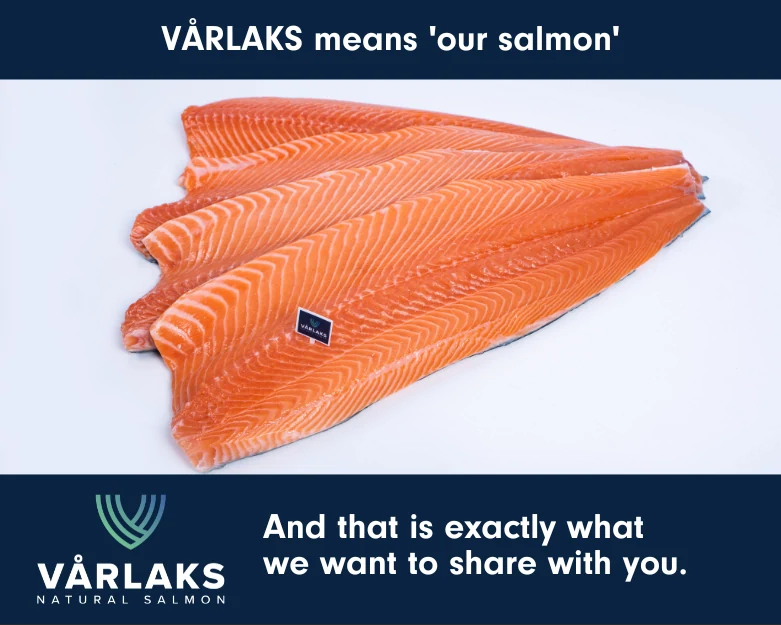The average decline in wild salmon populations across Great Britain from 2006 to 2021 was 65%.
Salmon Scotland has opened applications for its wild fisheries fund, dedicating £140,000 in 2024 to support the conservation of Scotland’s wild salmon.
This investment is part of a broader five-year commitment totaling £1.5 million from the UK’s salmon farmers. The fund aims to restore habitats, protect against predators, and promote river restocking schemes across Scotland, with a particular focus on areas where aquaculture and wild salmon fisheries overlap.
Examples of eligible projects for funding include migration barrier removal, predation mitigation, restocking programs, habitat improvements, and educational initiatives related to Scotland’s salmon heritage.
Worrying decline
The decline of wild salmon and sea trout populations in the UK has been alarming, with marine survival rates plummeting from around 25% three decades ago to just 1-5% currently. Factors contributing to this decline include habitat loss, rising river and sea temperatures, and various pressures such as predation and obstacles to fish passage.
Initially established in 2021 as the Wild Salmonid Fund and rebranded in the following year, the initiative has already allocated over £335,000 to various projects. These include the restoration of a historic dam in the Western Isles and initiatives to reduce riverbank erosion and provide habitats for young salmon.
Managed by Jon Gibb, a fisheries manager in Fort William, the 2024 fund application period opened on February 1 and will close on March 31. Salmon Scotland will make decisions on grant allocations in April. Gibb emphasizes the urgent need for projects that understand and mitigate the threats to wild Atlantic salmon, now officially classified as an endangered species.
Sharing knowledge
Tavish Scott, CEO of Salmon Scotland, highlighted the commitment of salmon farmers in aiding wild salmon conservation.
“Wild salmon is one of Scotland’s most iconic species, but there has been a decades-long decline on the east and west coasts of Scotland as a result of climate change and habitat destruction,” said Scott.
Many salmon farmers are anglers themselves, according to the Salmon Scotland exec.
“Scotland’s salmon farmers want to continue playing their part in finding solutions, engaging constructively with the wild fish sector and taking meaningful action to save wild salmon.”
“Through the extraordinary success story of farm-raised salmon, we have developed world-leading expertise in hatching and rearing salmon that can thrive at sea. As well as financial support to projects, our members are sharing their knowledge and experience to support wild fisheries with re-stocking, again showing how collaboration is key to reversing the worrying decline in wild salmon numbers.”









